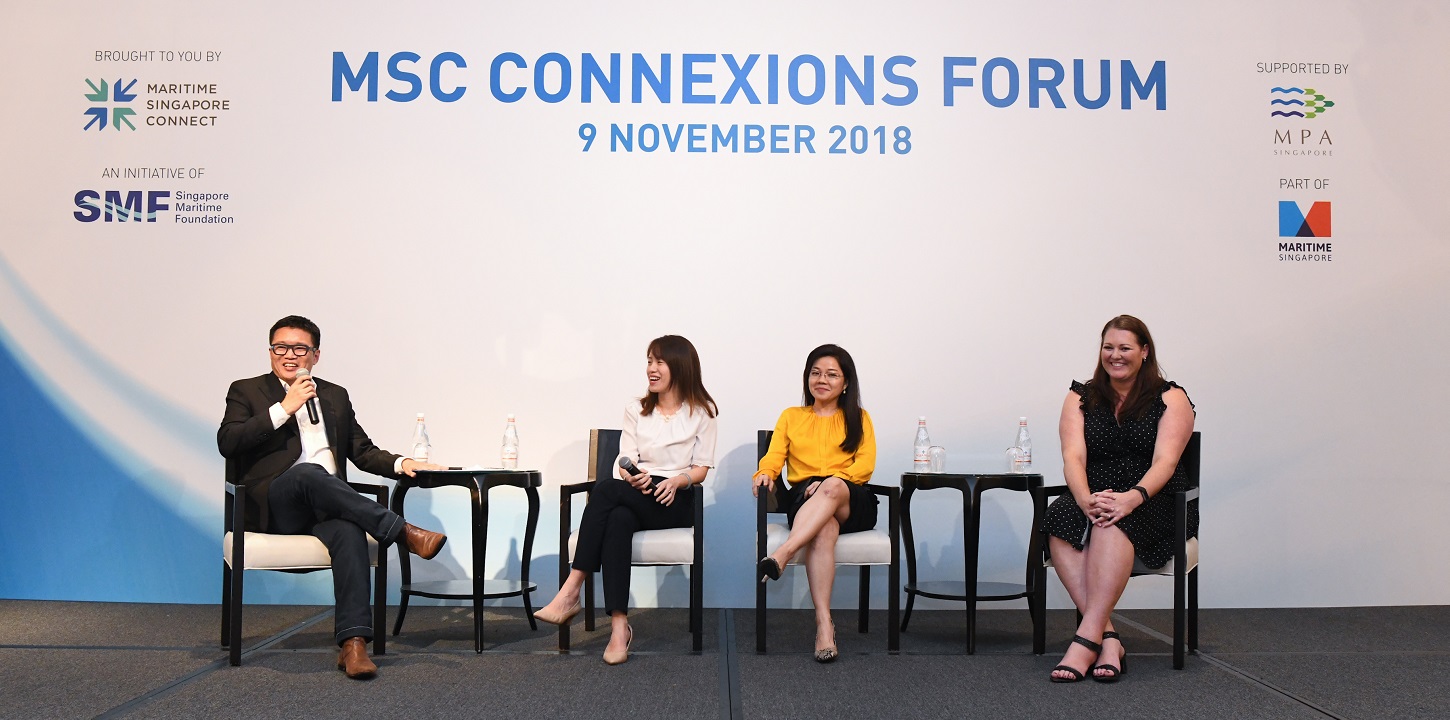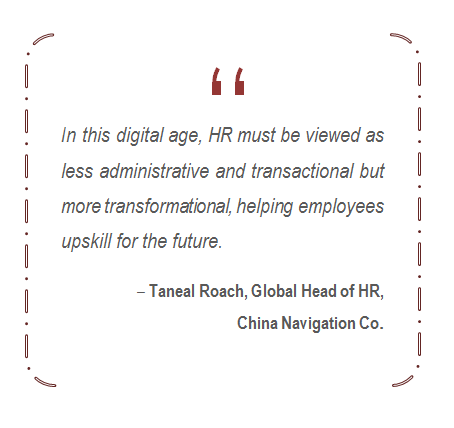For the maritime sector to keep up, HR must transform
- HRM Asia Newsroom

Maritime is a long-standing industry that still has a place in the modern economy, but it is by no means spared from the impending technological disruption that’s sweeping across every sector.
Even as maritime businesses figure out how disruption will impact them, they face stiff competition for the best talent. But talent is exactly the competitive advantage that will help them navigate the winds of change.
This was a key takeaway at the annual MSC Connexions Forum last week, where more than 100 industry stakeholders converged to discuss how the maritime sector can keep up with evolving trends, especially from the HR standpoint.
“There has been a lot of effort from the government and key partners to raise the profile of the maritime industry. The recent IMC2030 strategic vision was very exciting and encouraging,” noted Melissa Kee, Chief HR Officer of Kuok (Singapore), referring to the vision of the International Maritime Centre 2030 Advisory Committee, which envisions Singapore as a global maritime hub for connectivity, innovation and talent.
“However, we need more capable leaders to see it through. Our challenge is that the sector had lost one to two generations of pipeline talent due to lack of focus on developing local maritime talent. We have to catch up fast and be willing to bet on the younger talent to take the lead,” added Kee.
Kee also shared that she found it challenging to work against outdated mindsets in the maritime sector, and emphasised that leaders need to first be ready to change their own mindsets on what works.
“I am always asking ‘Why Not? I’ve been asked to help enable different thinking, as the leaders cannot think outside the box anymore. That is the challenge, in addition to trying to maintain a happy working environment,” Kee added.
With the demand for talent heating up, there needs to be greater attention on establishing the organisations’ brand and value proposition to attract the right talents – and on increasing staff engagement to retain these talents.
“This means a greater focus on the intrinsic values of the job that goes beyond the monetary compensation and benefits, and more on the long-term prospects of the jobs in the fast-changing environment,” said Sharon Teo, General Manager of Eastport Maritime.
“The biggest investment a company can make is in its people. Singapore is a global maritime hub and we need to build local talent to support the global mindset. In this digital age, HR must be viewed as less administrative and transactional but more transformational, helping employees upskill for the future,” added Taneal Roach, Global Head of HR at The China Navigation Co.
As every industry is hunting for talent in this digital age, disruptive business models will evolve and companies will need to adapt and reshape how they attract and retain talent.
Michael Goh, Chief Corporate Services Officer of Jurong Port highlighted HR’s key role in ensuring that maritime organisations aren’t left behind by Industry 4.0.
“The HR function must adapt and adopt new ways of looking at employer branding and enhancing the employee experience. If we are not employee-centric, the company risk being left behind,” he said.






